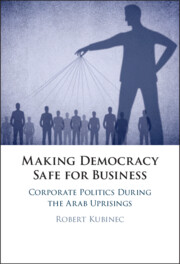Business interests are overrepresented in Hong Kong's nominally democratic political institutions. Many in Hong Kong perceive this as evidence of the existence of “collusion between government and business,” a phenomenon that has stirred public concerns in the city since its sovereignty transfer. Although anecdotal accounts abound, no systematic analysis has been conducted to evaluate the validity of this perception. In this article I use a rich firm-level dataset to offer the first systematic assessment of the effects of political connections on firm performance in Hong Kong. I define politically connected firms as firms that have stakeholders concurrently holding a seat on the Election Committee, a constitutional body that elects the city's chief executive. I found evidence, though not overwhelming, consistent with the “collusion” hypothesis: political connections do improve firm performance measured by return on equity and market-to-book ratio. The improvement is unlikely due to unobserved confounding factors such as firms' inherent ability. As for the origin of the political connections, the data show that a firm's economic power has little predictive value of its connections to the Election Committee. Rather, number of employees matters; firms that hire fewer workers were more likely to gain a seat on the 1997 Election Committee. This result may suggest that Beijing plays a more dominant role in the formation of political connections—that serve Beijing's co-optation needs rather than the interests of powerful firms that may have a desire to “capture” the state.
